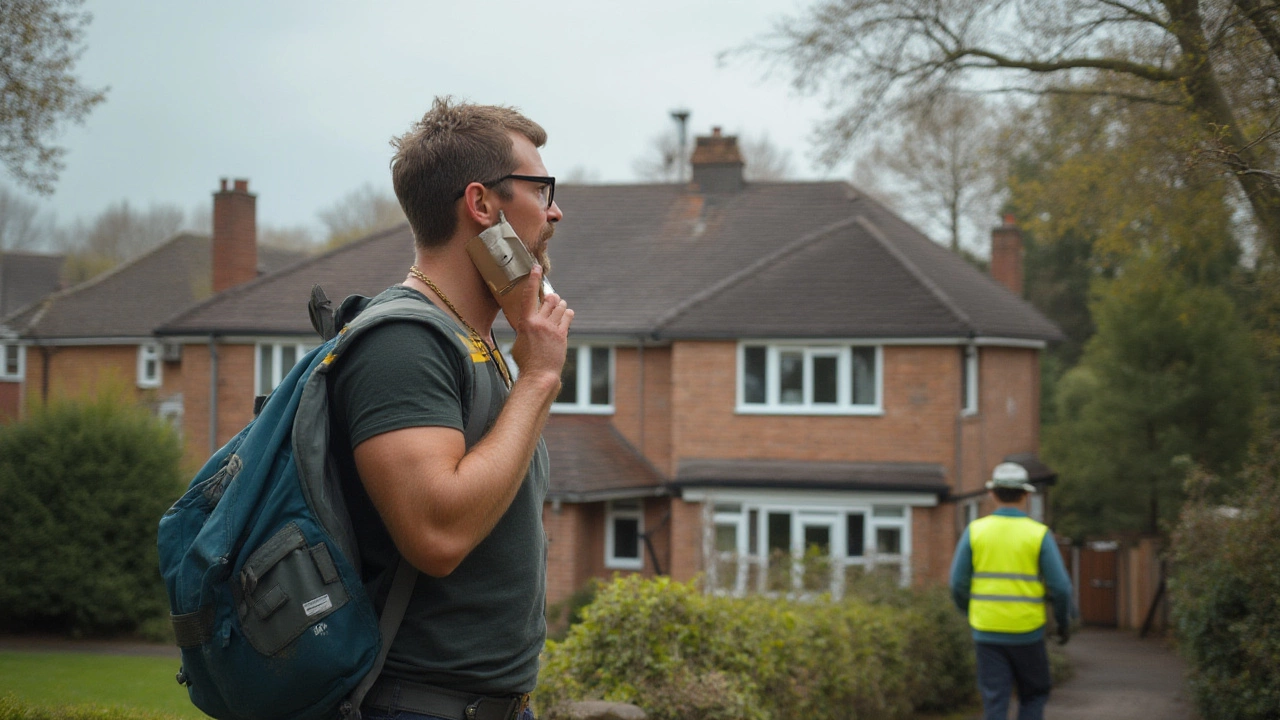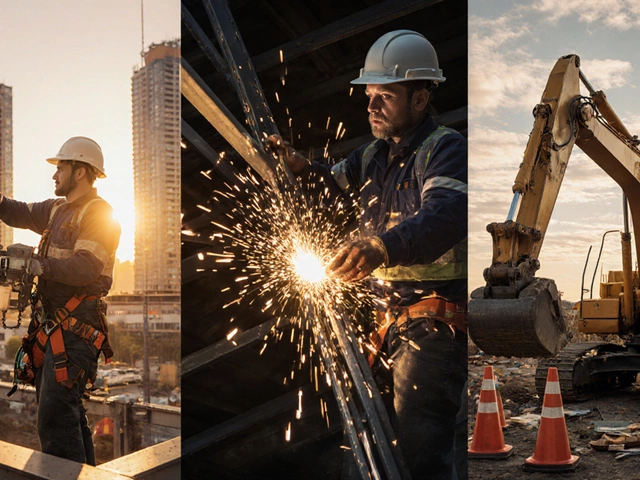Call a Roofer: When and Why You Need a Professional for Roof Repair or Replacement
When your roof starts leaking, shingles fly off in a storm, or you see sagging spots above your attic, it’s time to call a roofer. A roofer, a licensed tradesperson who installs, repairs, and maintains roofing systems doesn’t just fix leaks—they prevent structural damage, mold growth, and skyrocketing energy bills. In the UK’s unpredictable weather, a roof isn’t just a cover—it’s your home’s first line of defense.
Many people wait too long, hoping a few missing tiles won’t matter. But water doesn’t ask for permission. It seeps into rafters, rotting wood from the inside out. A roofing contractor, a professional who handles full roof installations and major repairs can spot hidden damage you’d miss—like warped decking under shingles or rusted flashing around chimneys. And if you’re thinking of selling your home, a damaged roof can tank your appraisal. Buyers don’t just see leaks—they see risk, and they’ll walk away or demand a price cut.
Roof replacement isn’t a weekend project. It’s heavy, dangerous, and requires precision. One wrong step on a sloped roof can mean a fall. Tools like nail guns, underlayment rollers, and flashing cutters aren’t found in most toolboxes. Even if you’ve done bathroom tiling or kitchen updates, roofing is a different game. The roof repair, the process of fixing localized damage without replacing the entire system might seem simple, but it’s rarely just a patch job. Storms often cause multiple hidden issues. A pro will inspect the whole system, not just the spot where water drips.
And it’s not just about fixing what’s broken. A good roofer will tell you if your roof is nearing the end of its life—even if it’s not leaking yet. Most asphalt shingle roofs last 20 to 25 years in the UK. If yours is older, you’re playing with fire. Insurance companies notice worn roofs. They may deny claims after a storm if they find your roof was already degraded. That’s why calling a roofer early isn’t an expense—it’s protection.
From checking gutters for blockages that pull shingles loose, to sealing vents that let moisture in, a roofer handles dozens of small things that add up to big problems. You’ll find posts here that break down real cases: how one homeowner saved £3,000 by catching roof damage before it ruined their attic insulation, or why a £500 repair turned into a £12,000 replacement because they waited too long. These aren’t theory stories—they’re real experiences from people just like you.
Whether you’re dealing with a single leak after last winter’s freeze or planning ahead before the next storm season, knowing when and how to call a roofer makes all the difference. The posts below give you the facts—no fluff, no sales pitch—just what actually happens when you hire a pro, what to watch out for, and how to avoid being overcharged. You’ll learn how to spot red flags, ask the right questions, and understand why some quotes are way higher than others. This isn’t about getting a new roof tomorrow. It’s about making sure you’re ready when the time comes.
Why You Should Call a Roofer: Protect Your Home with Expert Roofing Services
Discover why calling a roofer is smart for homeowners. Learn how expert roofing services protect your home, prevent costly repairs, and ensure safety.





